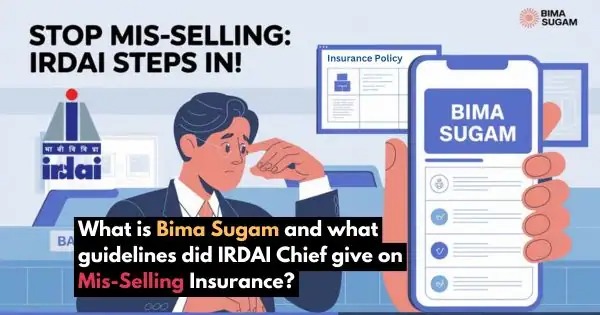B.B. Deb, J.@mdashHeard Mr. U.S. Saha, learned Sr. Government Advocate assisted by Mr. S. Chakraborty for the appellant.
2. By this Letter Patent Appeal (LPA), the appellant put under challenge the order dated 29.6.2001 passed by the learned Single Judge in Contempt Case (C) No. 9 of 2001. In this contempt proceeding, the learned Single Judge amongst others, passed the following orders :-
"In my considered view, there is no wilful disobedience of the related judgment and orders of this Court on the part of the respondents concerned and, accordingly, no case of contempt is made out against them, and, hence, this contempt petition is hereby closed and disposed of.
Despite the disposal of this contempt petition, I am constrained to make the following observations, order and direction. I made this observation by invoking the provision of Article 215 of the Constitution of India considering the nature of the case.
The notification dated 3rd April, 2001 as in Annexure-R. 1 to the counter affidavit, clearly speaks that the benefit of UGC scales of pay be extended to these writ petitioners as per UGC norms with effect from 1st day of January, 1996 but some benefits pertaining to the payment of arrear pay and allowances have been restricted to the petitioners by virtue of the subsequent notification dated 4th April, 2001 and, as such, certain irregularities have been committed by the respondents authority concerned while Issuing the notification dated 4th April, 2001. I made this observation keeping in view of the related notification dated 3rd April, 2001 by which benefit of UGC scales of pay has been extended to these 3 writ petitioners with effect from 1.1.1996; therefore, the respondents/authority concerned are directed to afford the benefit of UGC scales to these 3 writ petitioners with effect from 1.1.1996 including the arrear pay and allowances as admissible under the said UGC scales of pay, for which the respondents are directed to issue necessary order/notification thus rectifying the related notification dated 4th April, 2001 and clarifying the notification dated 3.4.2001 to the extent indicated above, and the necessary payment shall be made within a period of 3 months from the date of receipt of his order after proper assessment and verification of it. This Court made this order by Invoking Article 215 of the Constitution of ''India. However, It Is made clear that if the petitioners are aggrieved as on today then in that case, liberty is granted to them to approach the appropriate forum for doing the needful in the matter."
3. On a bare perusal of the afore quoted order of the learned Single Judge, it reveals that the learned Single Judge obviously having exercised power under Article 215 of the Constitution of India has passed the aforesaid directives. According to learned Sr. Government Advocate, as soon as the contempt petition is dropped or disposed of, the Court should not have passed any such positive directives. No doubt, within the framework of the Contempt of Court Act such type of order is normally not permissible. But the High Court as the Court of record admittedly having jurisdiction under Article 215 of the Constitution of India could pass such order if the circumstances so demand and thus in view of the reported case in
4. Any order passed by the High Court in exercise of its writ jurisdiction under Article 226/227 of the Constitution of India or in exercise of its Inherent power under Article 215 of the Constitution of India cannot be challenged under Letter Patent Appeal because the order passed by the High Court in exercise of its constitutional jurisdiction can only be assailed under constitutional provision and not under Letter Patent Appeal.
5. In view of the above, the present LPA is not maintainable and as such the same is dismisses. However, liberty is given to the appellant to move appropriate forum seeking appropriate remedy.

